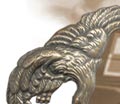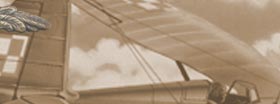A REMARKABLE story, after being stored in a drawer for four decades, has emerged from concentration camp and Death March survivor Aleksandra "Oleñka" de Sas Kropiwnicka, 86, who resides in East London.
The haunting memoir, titled Oleñka, is a self-published book that paints a harrowing account of a young Polish girl who opposed the Nazis in Warsaw during World War 2, survived the Ravensbruck and Sachsenhausen concentration camps and survived the infamous Death March across Germany.
This is her third book, with Oleñka has dedicated to her grandson, Michael Knott, because he "pushed" her to write it.
The book is 187 pages long and tells the story from the day her parents met to when she moved to London after being liberated.
It is divided into nine chapters with a large part dedicated to her struggles in the camps.
Now living in Nahoon, she was born in Poland in October 1923, and grew up just outside Warsaw. She was educated "underground because nowhere was safe" . She managed to study journalism and joined the Polish Combatant Association shortly after, where she was assigned to a cell and became more and more involved in unlawful activities.
She remembers having to write on the same wall as often as possible, "Deutshland ist Kaput" (Germany is finished).
"I knew exactly what the consequences were if they caught me in the act."
She spent most of her young adult life hiding and fearing the Nazis before her capture during the Warsaw Uprising in 1944.
Writing her life story was a means for Oleñka to reach the understanding that "forgiveness sets your spirit free" the tag line on her book. She does not hide the fact that when the war started her hatred for the Germans and Adolf Hitler festered inside of her.
"But I learnt quickly to distinguish between the Nazis and the Germans," she says.
These days, Oleñka is proud to have friends who are German.
The retired East London Museum librarian s first few months of imprisonment was in Ravensbruck, a notorious women s concentration camp in northern Germany. She was brought there by train with her cousin, Ala.
What followed can only be described in her own words "one big human tragedy that was never meant to happen ."
She still feels the terrible loss and is sure she will never again experience anything as bad in her life. Despite her feelings at the time, Oleñka is positive that "there was a spiritual force that protected her."
After Ravensbruck she was moved to Sachsenhausen, which was used mainly for political prisoners. In total she spent nine months, from August 1944 to April 1945, in the camps. Her worst memories are of the Death March that started on April 21, 1945 the day she was herded out of Sachsenhausen.
During the march Oleñka and many others walked 30km a day, often without food, not knowing their final destination.
"I suspected they wanted to get rid of us. I think they were going to put us on a boat then sink it," she says.
During the march prisoners often had to fight for food and even found themselves up against the German's dogs.
"The fighting and hunger was terrible. That and sleeping wherever we stopped. Walking was awful. It was easily one of the worst experiences of my life," she says.
There was one day Oleñka remembers giving up.
"" I could not walk anymore and just sat in a ditch. A Nazi soldier saw me and threatened to shoot me if I did not get up and start walking.""
She responded: "Shoot me! I can't walk anymore."
Despite seeing many people shot for the same actions, Oleñka was blessed. Instead of shooting her the soldier bribed her with the promise of milk later that night.
"I could not believe it when that very night he gave me a glass of warm milk. I could not believe the enemy could be kind. It was a lesson I have never forgotten."
After being liberated during the march by American forces, Oleñka was instructed to be on the lookout for Nazi runaways.
While walking with her cousin days later, she remembers spotting an SS woman nicknamed "Mama" from Kleinmachinow, a sub-camp of Sachsenhausen, who treated them "rather well" .
After seeing her Oleñka says: "There was an American traffic officer across the road, but we never even called him."
"She walked right up to us and asked, "How are you doing?" We replied in kind and she walked away."
There were some Nazis who were human, she admits.
"I would not have been able to live with myself if we turned her (in)."
Oleñka has come a long away since leaving Poland. In her lifetime she has learnt to speak six languages. She has lived in Italy, England and Botswana, but sadly her husband, a vet, passed away in 1970.
But what does the future hold for Oleñka? She hopes people will read her book. "Nothing would make me happier right now," she admits.
·The book is available from the Southernwood Pharmacy at R150 a copy. michaelk@dispatch.co.za
The following postcard was sent from my father to cousin Ala; it was posted during our time together at Sachsenhausen Concentration Camp. (Below I have translated it from German into English.)
Tschenstohau 28.xii,44
Dear Ala
We have received your address from Jurek. Thank God that you and Ola are alive and healthy. So far Ola has written a letter to us, but we have heard nothing more from her. We now live in Tschenstohau (Czestochowa), with Janek and Uncle Stanislaw. Nela, her husband and their child are living in Popow (their address is Blackstadt. Ob.Sch.9a. School). They are well. Her husband is now employed as a doctor. I have already sent you a postcard. We are also sending you a parcel with bread and something else. Please send us Ola’s address.
Warm greetings to you and Ola.
A. Hall
Jurek (as mentioned above) was Ala’s bother. Note that the letter was written in German. Sending letters in Polish was prohibited at the time.
To: Alicja Hall (date of birth 25.02.1922) No. 6108
Block Mach
Oranienburg
Near Berlin
Sachsenhausen Concentration Camp
From: Dr Alexander Hall
Tschenstohau 4
Metall Street 23
District Radom
General Government
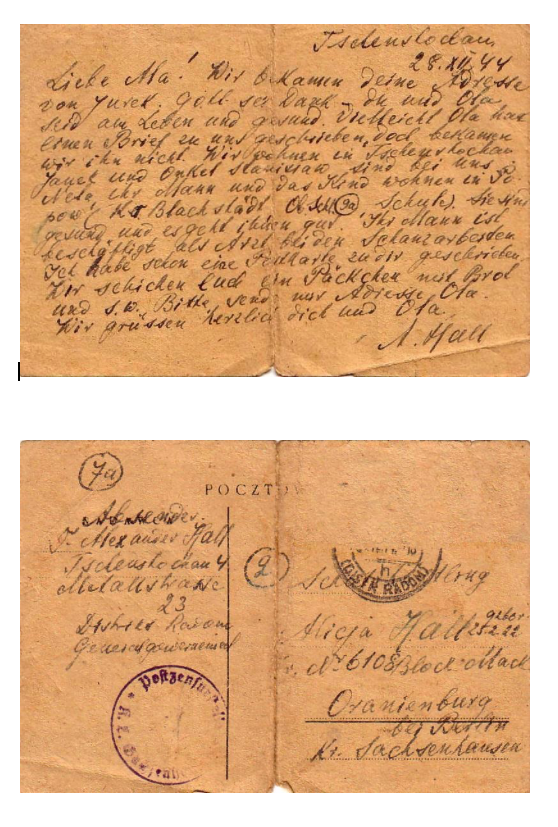
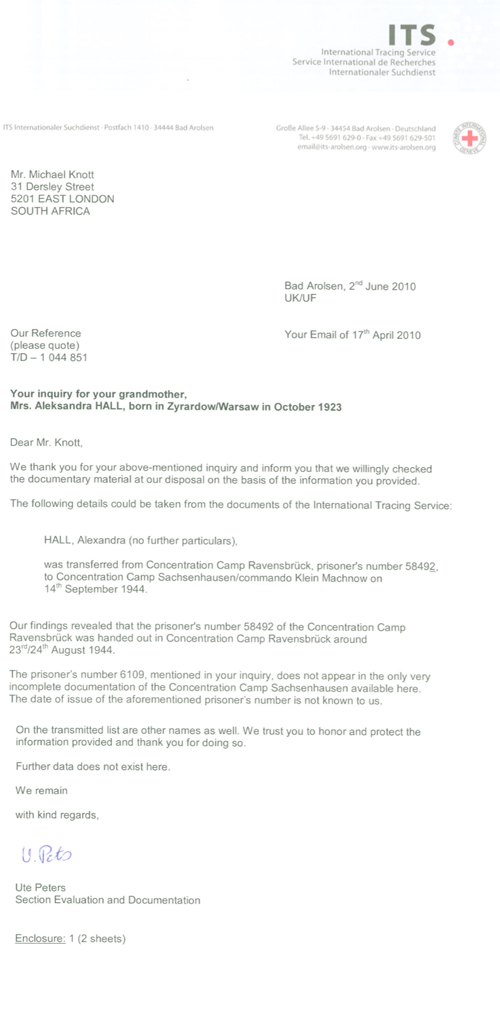
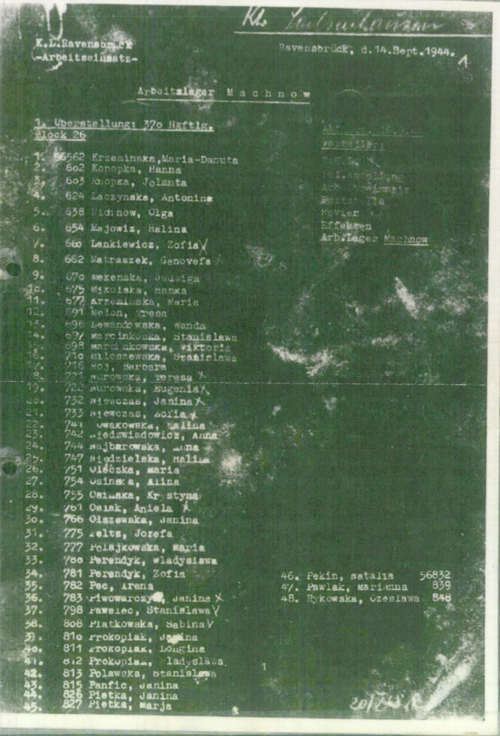
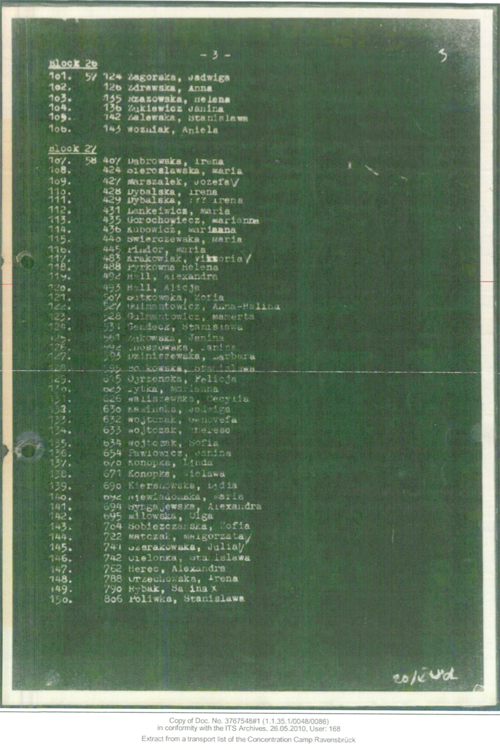
Julian Hoseason, editor polandinexile.com
